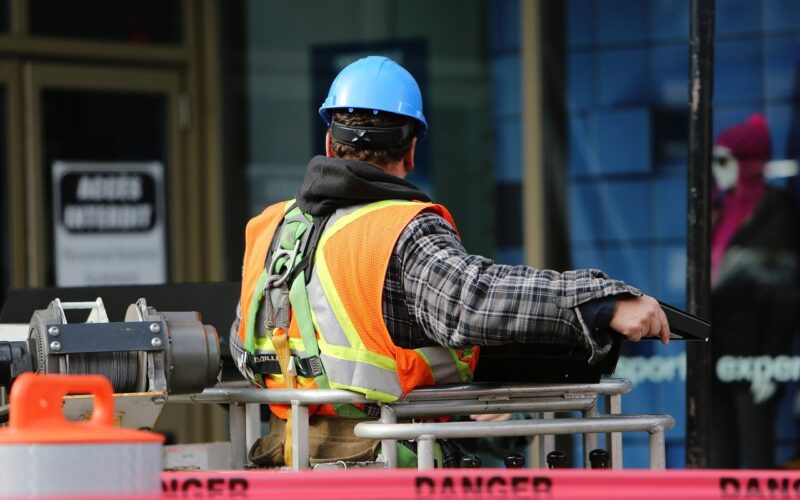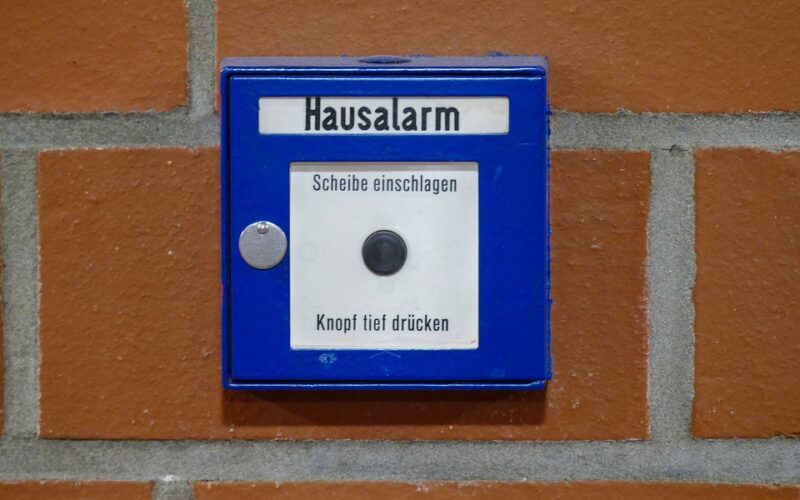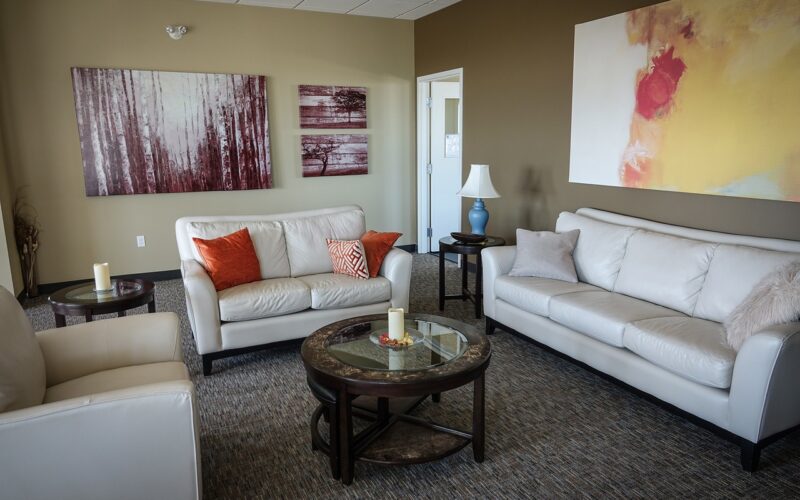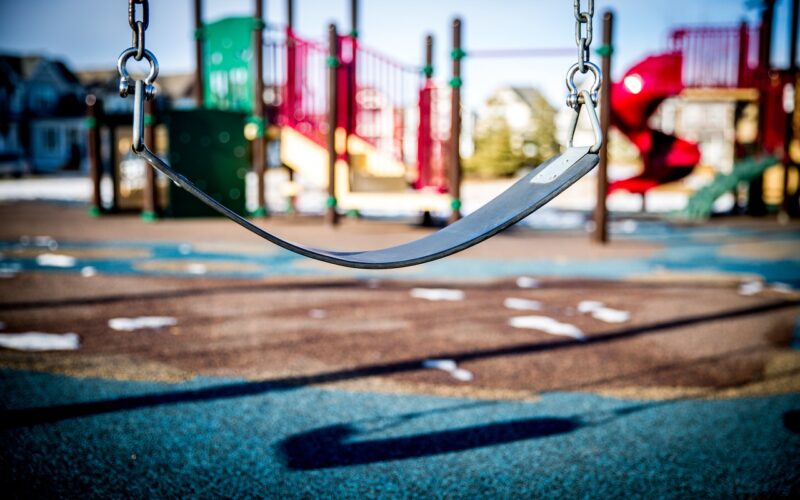In the realm of property management, ensuring the health and safety of tenants and visitors within a building’s confines is a crucial, if not the most critical, responsibility for a building manager. Maintaining a safe environment requires a proactive approach and a deep understanding of regulatory guidelines as well as practical know-how.
Understanding the legal responsibilities
Health and safety legislation imposes a duty of care on building managers to safeguard anyone who enters their premises. Failing to adhere to these legal obligations can result in fines, legal action, and in severe cases, imprisonment. Building managers must stay up-to-date with the latest regulations, conduct regular risk assessments, and implement safety protocols effectively.
Ensuring regular maintenance and inspections
A critical component of a building manager’s duties is to conduct regular maintenance checks. This includes ensuring that all plumbing systems are functioning correctly to prevent leaks and other water-related issues that could pose a risk to the building’s structural integrity and to the occupants' health. Regular inspections are not only about compliance but also about pre-emptive problem-solving.
Responding to emergencies promptly
When emergencies such as boiler breakdowns or plumbing disasters occur, the building manager’s swift response is paramount. Having an Manchester emergency plumber on call and ready to address issues 24/7 is vital to mitigate risks associated with water damage or heating disruptions, especially during the colder months.
Implementing a comprehensive boiler maintenance program
Boilers are a lifeline for any building, providing heating and hot water. It is the building manager’s responsibility to ensure that a Manchester boiler installation is completed by competent professionals and that ongoing Manchester boiler service and maintenance are in place to secure their safe and efficient operation. This not only secures the health and comfort of the occupants but also extends the lifespan of the heating system.
Training staff and educating occupants
Health and safety is a collective responsibility. Therefore, it's essential for building managers to train their staff on safety protocols and to educate the building's occupants about health and safety practices. Workshops, informative posters, and safety drills can all add to a culture of safety within the building.
Investing in health and safety resources
To fulfil health and safety responsibilities adequately, building managers need to invest in the right resources – whether it be safety equipment, like fire extinguishers and carbon monoxide detectors, or health and safety training for their team. The building manager must ensure that there is an adequate budget for these preventative measures.
Documenting procedures and incidents
All health and safety measures, inspections, maintenance works, and training sessions should be documented thoroughly. In case of an incident, having a detailed record can prove indispensable in identifying the cause, rectifying the issue, and preventing future occurrences.
Ensuring the health and safety of a building and its occupants is a multifaceted and undeniable part of a building manager's role. It involves continuous learning, preparedness, preventive maintenance, and often, rapid response to emergencies. By seamlessly integrating services such as regular plumbing checks by an experienced Manchester plumber, emergency interventions, and boiler servicing into their health and safety protocols, building managers can not only comply with legal standards but also provide peace of mind for all the building's users.







